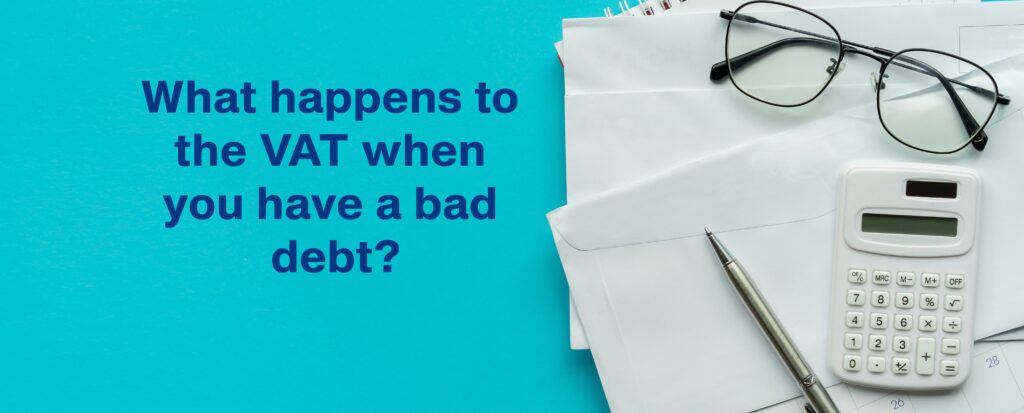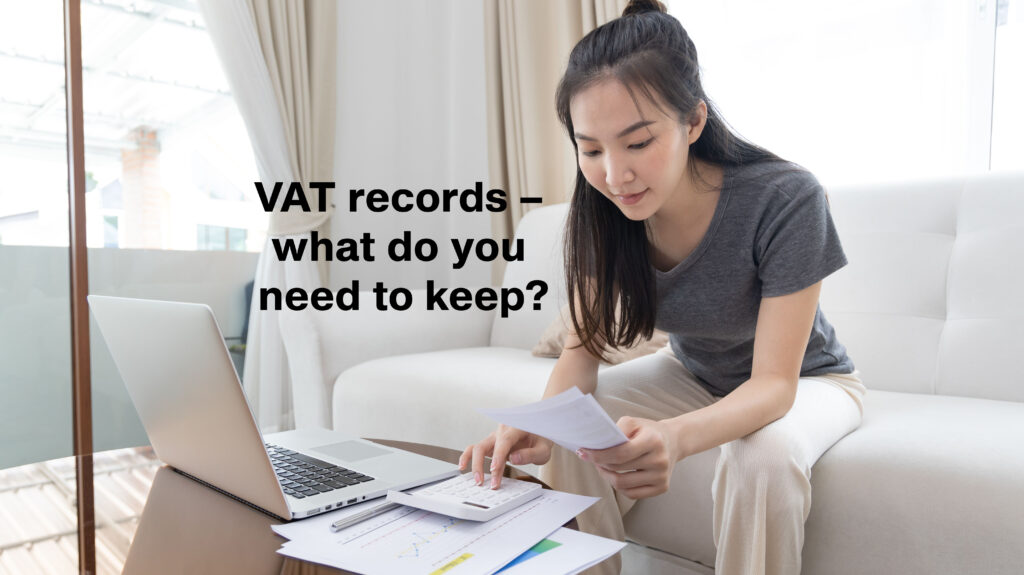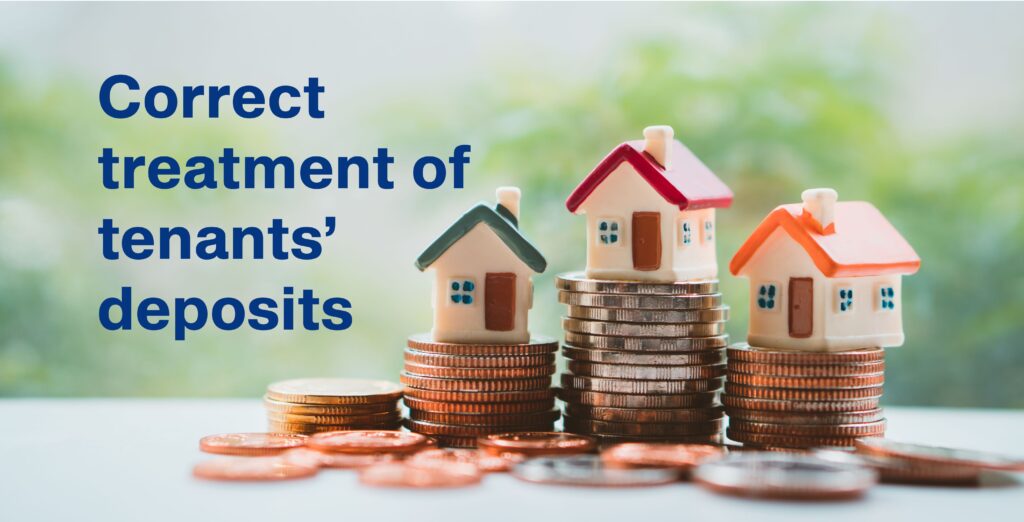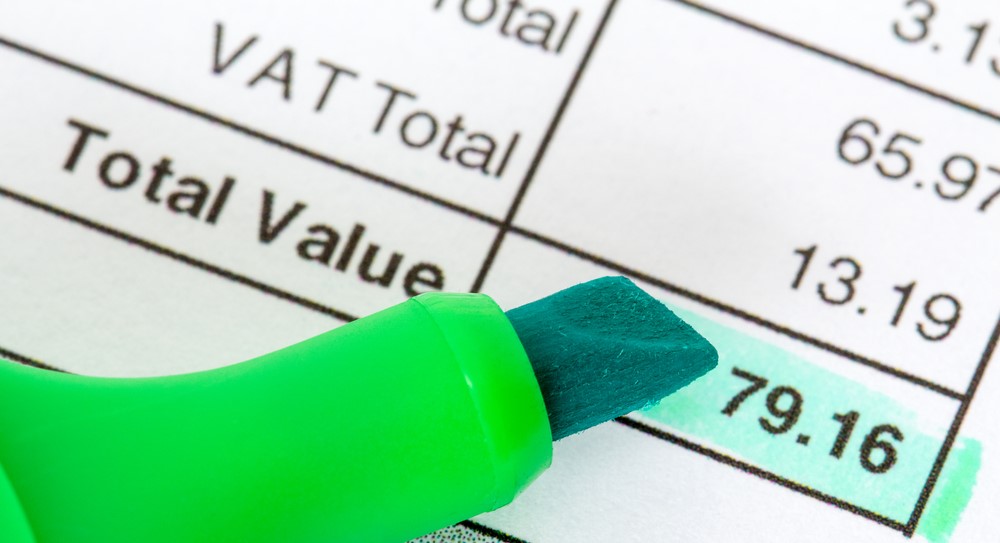
What happens to the VAT when you have a bad debt?
|
|
Be aware of VAT bad debt relief
Bad debts are sadly a fact of life for many businesses. HMRC recognises not all invoices are paid on time and therefore allows bad debt relief to be claimed by businesses that have already paid VAT to HMRC on sales invoices that remain unpaid.
How bad debt relief is allowed depends on the accounting scheme being used. In this post, we’ll look at the how the different schemes treat bad debt relief.
Treatment of bad debts in cash accounting schemes
The cash accounting scheme is the most straightforward way to avoid a bad debt problem. That’s because output tax on invoices issued is only declared on a return when payment has been received. In effect, this means that bad debt relief is automatic.
So, cash accounting may be beneficial for businesses suffering late payers; but it also means input tax isn’t claimable until the business pays its suppliers, rather than in the potentially earlier VAT period under the invoice-based accounting scheme.
Treatment of bad debts in invoice accounting standard schemes
In comparison, VAT bad debt relief under invoice accounting requires the VAT shown on the issued invoice to have already been paid to HMRC; it’s then recovered at a later date.
👉To recover the VAT the debt must be:
- at least six months overdue from the date of supply (i.e. the due date of the invoice),
- written off in the accounts, and
- claimed within four years and six months from the date the payment became due.
The process of claiming bad debt relief is straightforward. It’s done by adjusting the VAT return for the period, after the six-month period has passed. The easiest way to do this is by raising a credit note in your accounting system.
If you’re unsure as to whether the debt will be a bad one, but wish to leave the invoice open (i.e. leave it unpaid and continue to chase up payment), you can put a bad debt provision in your accounts. This would not refund you any VAT, though.
👉If the debtor is subsequently declared insolvent and the business wishes to make a claim, the claim will be the VAT-inclusive amount. That’s because the VAT will have to be accounted for on any debt recoveries.
Treatment of bad debts for flat rate schemes
The flat rate scheme (FRS) applies a fixed percentage to quarterly gross sales to calculate the VAT payment. A claim for bad debt relief under the flat rate scheme would be done by reducing sales.
What happens if it’s you that can’t pay?
If the debt is the other way round and it’s you, the purchaser, who is in default, the input VAT already claimed (but not paid) on supplies should be repaid to HMRC regardless of whether the supplier reclaims bad debt relief.
📢❕The information in this blog post was correct at the time of writing. Please check with your accountant for the latest information or, if you don’t have an accountant, join the Financial Resilience Hub to get access to one of ours! Alternatively, keep an eye on HMRC’s website for updates.
See also…
Free info from our blog:
👉VAT records – what do you need to keep?
👉 When is a VAT invoice not a VAT invoice?
👉New VAT thresholds – when can you register and deregister? (published May 2024)
This online course:
👉VAT: An Introduction. This easy-to-follow, bite-sized course is free for Financial Resilience Hub members; non-members can currently buy the course for £49.99 (look out for future special offers and discounts, though😉).
From the HMRC:
ABOUT THE AUTHOR

Helen Monaghan is a Chartered Management Accountant, accredited NLP Practitioner & Finance Coach. Both a psychology graduate and an accountancy graduate, she has authored three business books, which beautifully bring together psychology, finance, and tax to empower the reader about money. Helen is the CEO of HM Finance Coaching & Advisory Ltd, a company that provides financial education and business mindset coaching to small businesses across the UK, in addition to accountancy services for limited companies in Scotland and across the UK. Helen is also the founder of The Financial Resilience Hub – find out how we can support you, and your business, to be financially resilient through our monthly membership.
© Helen Monaghan






Responses